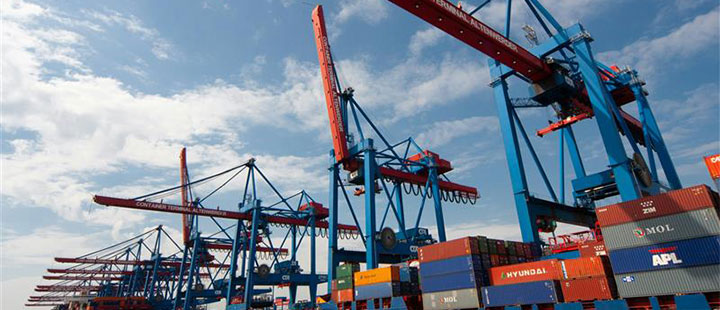Please note: this article is more than one year old. The views of our CIO team may have changed since it was published, and the data on which it was based may have been revised.
“Smart mobility” aims to use technology to improve our personal and social mobility systems. This aspiration is nothing new: it has always been central to the advances made in transport, even before the invention of the steam engine 250 years ago. But the hopes associated with technological change have shifted over the years.
Once we looked to technology to make transport cheaper, faster or safer: “smart mobility” needs to be more sustainable too. The environmental impact of transport is a major concern, requiring mobility solutions that prioritise sustainability and efficiency in response to climate change as well as resource scarcity.
Technology does not operate in a vacuum, however. Our attention is naturally focused on visible technological developments – most obviously in motor vehicles – but we also need to consider less visible contributions to mobility infrastructure, and the broader social and political implications. Mobility is often portrayed as a technological issue but the primary challenge may be social.
Key takeaways:
- The economic benefits derived from effective transportation are huge but there are costs too. Increasing demand makes addressing sustainability issues more urgent.
- The route ahead has three stages: switching to more sustainable technologies and approaches, optimising the use of infrastructure and prioritising mobility needs.
- The investor focus is diversifying, from electric vehicles to upstream and downstream sectors.
Why? Environmental and demand pressures
Mobility and transport systems are of major economic importance. The sector directly accounts for more than 5% of GDP in the U.S. and EU. The sector’s contribution to the economy is not limited to its direct effects, but also extends to indirect effects that are immeasurably greater. The transport sector plays a crucial role in connecting goods and services to markets, in providing access to jobs, education and health care, and in driving economic growth. By facilitating access to opportunities, it is also essential for reducing poverty and building prosperity.
In this CIO Special, we further examine the details of what "smart mobility" will mean in the years ahead and explore what the impacts and opportunities will be for society, and investors.







